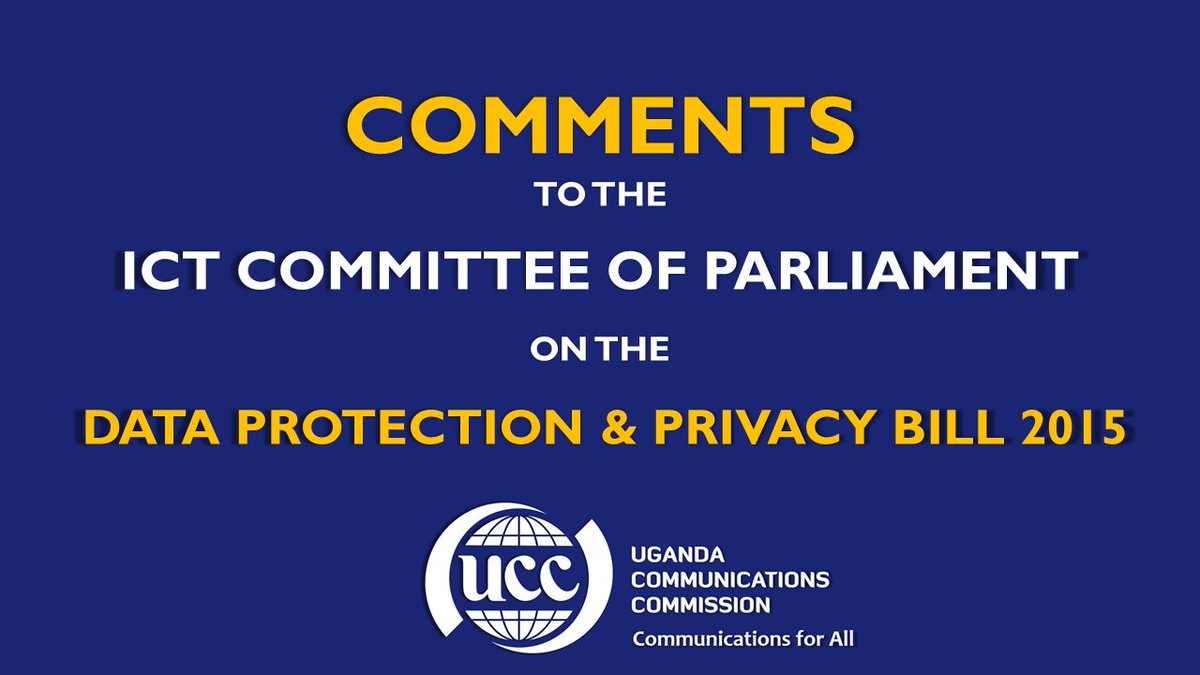1. The Constitution of the Federal Republic of Nigeria as amended:
2. Freedom of Information Act No. 4 of 2011: This Act guaranteed the right of any person to...
b.health- work privilege
c.journalism confidentiality privileges
d.any other professional privilege conferred by an Act
4. The Consumer Code of Practice Regulations 2007: This regulation was issued by..
The legal framework provides for punishments for infringement
Notably, Paragraph 2.10 of the Nigerian Data Protection Regulation provides that ;
Any person subject to this Regulation who is found to be in breach of the data privacy rights of any Data Subject shall...
Organisations in breach of GDPR can be fined up to 4% of annual global turnover or €20 Million (whichever is greater).
1.Rapid data growth and security threats- Accelerated growth and technological advancement which are outside the scope of the current legislation.
4. Power blackouts and failures: Incessant blackouts and power failure also affect the functionality and efficiency of software and hardware like processors & servers.
4. Post a privacy policy-Commercial website owners are required under the GDPR to post a privacy policy. Most app platforms also require one if your app transmits data.
Privacy advocates and industry groups recommend direct and upfront communication with customers about data businesses collect and the intended plans for the data.
6. Give consumers a choice- Recent research suggests customers expect settings...




